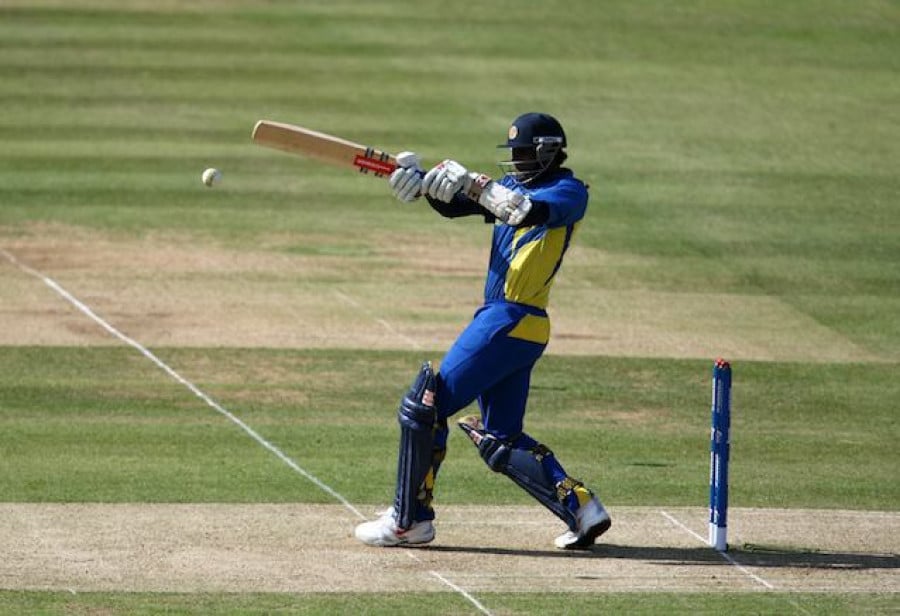Asif and Butt’s appeals: another criminal/regulatory argument bites the dust?
In a short media release yesterday, CAS confirmed that the appeals of former Pakistani cricketers Salman Butt and Mohammed Asif had been rejected on all grounds (see article for the background to the appeals).
Butt’s appeal was limited to the length of his 5-year ban (10 years suspended for 5), the equivalent of a standard ‘appeal against sentence’ that would be heard in the Court of Appeal Criminal Division. However, rather than applying the test from criminal proceedings of whether the sentence was ‘manifestly excessive’, CAS considered whether the ban was disproportionate, or whether exceptional circumstances existed, which would require the ban to be reduced. Neither ground was successful and, consequently, Butt’s appeal was rejected. Butt is reported to be “bitterly disappointed” and intends to continue the fight to clear his name. Having been to the Court of Appeal in criminal proceedings, and to CAS in regulatory proceedings, and lost in both, it is difficult to imagine how he might do so.
Asif’s appeal was broader than his former team mate’s. He appealed not only against the length of the ban imposed upon him, but also against the evidential findings made against him at the original ICC tribunal hearing. Both these grounds of appeal failed.
Of most interest from a legal perspective was the failure of Asif’s procedural argument. It has not been possible to view the pleadings in the appeal, but Asif has publically stated that he believes that his criminal trial was prejudiced by the prior announcement of the ICC verdict. The media release from CAS (no written judgment is available…yet) refers to procedural argument made on behalf of Asif. If a complaint based on prejudice was made to CAS, it was unsuccessful. Indeed, it is hard to see how CAS would be concerned at prejudice caused to Asif at a criminal trial. Asif’s remedy to this complaint would lay in the Court of Appeal Criminal division.
The content of any written judgment should clarify whether this is yet another example of a case where arguments about prejudice, caused by the cross-contamination of criminal and regulatory proceedings, have failed. In the meantime, Asif and Butt remain banned, and face the prospect of having to watch their co-conspirator, Mohammed Amir, begin to play cricket again as early as next year.
Cricket makes law
Anyone interested in cricket and the law would do well to keep an eye on Danish Kaneria’s ECB appeal hearing against his life ban, scheduled for 22 April 2013. The English Cricket Board have taken the extraordinary step of applying for a High Court summons to compel the attendance of Kaneria’s former team mate, Mervyn Westfield, at that hearing to give evidence. More to follow….




